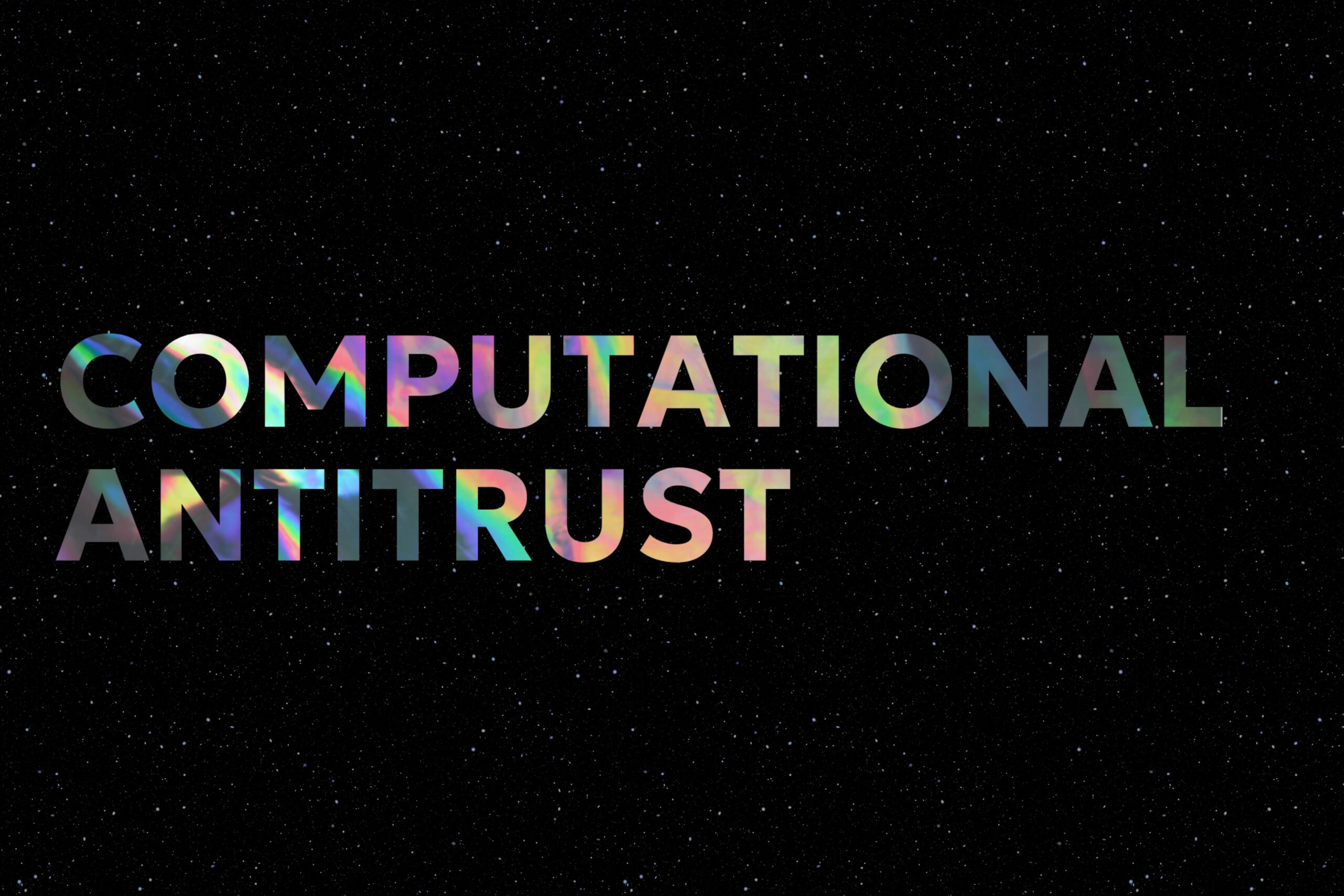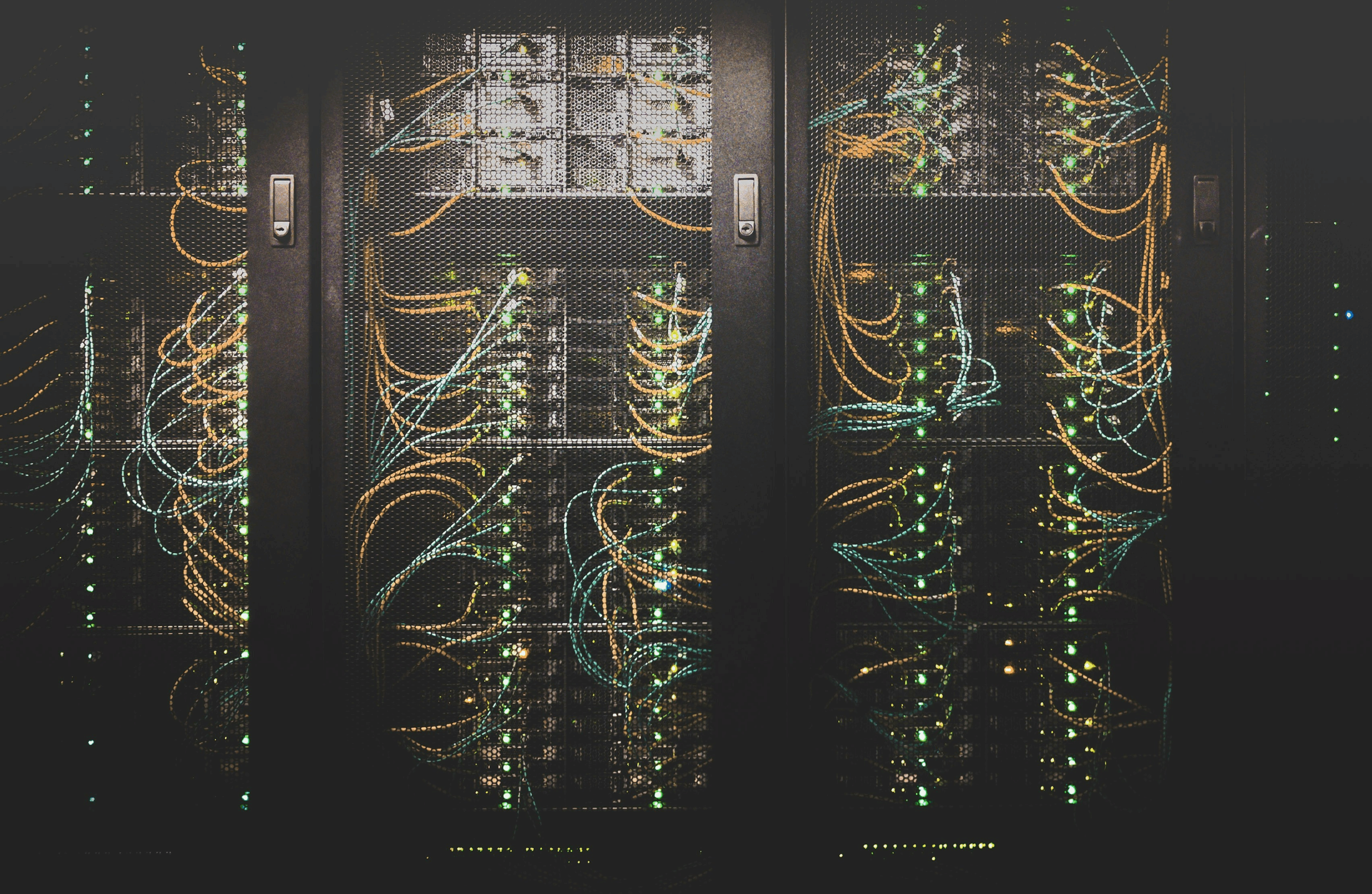Generative AI is capturing the attention and imagination of policymakers and researchers worldwide. Hundreds of working papers are being published every month, while technical advances are blossoming daily. We are experiencing the springtime of AI. These are exciting times for researchers. Now, of course, one of the main challenges we are facing is one of publishing scholarships that will be relevant in a couple of years – or months… or weeks… Against this backdrop, we decided to publish this symposium around one simple albeit critical question: what will define (i.e., in today’s world) the future of AI ecosystems?
Today, we are delighted to introduce the symposium that will be published in the coming days on the Network Law Review. This short piece serves as a brief overview. But first, we would like to share a couple of words about the rationale behind it.
First, we have deployed our best efforts to feature scholars from different fields – law, economics, computer science – locations, seniority, background, experiences, etc. Not for the sake of it, but to present you with complementary perspectives that together offer a view of the subject that would be as complete as possible.
Second, we have asked all contributors to choose a topic of their choice while maintaining a scholarly stance. The articles in this symposium are not opinion pieces. Above all, we wanted to present thoughtful contributions that avoid fueling the doom and gloom of the highly polarized (and arguably politicized) public debates on AI and AI policy.
And third, we will host a conference workshop under the aegis of Weizenbaum Institut for the Networked Society (with efforts led, particular, by the research group “Digital Economy, Internet Ecosystem, and Internet Policy) and Amsterdam Law & Technology Institute on March 22, 2024, which will bring together all of the symposium contributors. The workshop is kindly supported by our sponsor E.CA Economics who have provided us with great support and will be hosted at the outstanding facilities of the ChangeHub in Berlin. We also gratefully acknowledge funding by the Federal Ministry of Education and Research of Germany (BMBF). Be sure to register on this list in order to receive the recording.
Now for the more substantive part. When we approached contributors, we asked them to focus on one of the following questions:
- What shapes the dynamics between companies that provide the infrastructure necessary for generative AI?
- What shapes the dynamics between companies that provide AI foundation models?
- What shapes the dynamics between companies providing generative AI applications?
- Who controls the training data? Which role is intellectual property playing?
- How could generative AI impact competition and innovation dynamics in the economy?
- What is the role of open source in the generative AI ecosystem?
- Do you expect the generative AI ecosystem to be dominated by a handful of companies?
- Are big tech companies better positioned than other companies to dominate the ecosystem?
- Will the cost of building and training AI foundation models play an important role in defining dynamics?
- What new legal rules could foster competition and innovation dynamics in the generative AI ecosystem?
- Do we need to adapt existing regulations to foster competitive dynamics in the generative AI ecosystem?
- What liability rules do we have for Generative AI outputs? How will this impact compliance costs and dynamics?
- What can we learn from recent developments impacting competition in generative AI?
- What should companies do in the generative AI ecosystem to succeed in the market?
In response to these questions, we have received a number of excellent contributions that delve into various critical aspects of (generative) AI. Below, we list the contributors and their contributions in the order of planned publication (note: the list and working titles of the contributions may be subject to change and be updated).
- Jason Potts (RMIT University): “Sources of Innovation in Generative AI”
- Christopher S. Yoo (University of Pennsylvania): “Generative AI’s Potential Impact on Online Competition”
- Axel Voss (European Parliament): “What New Legal Rules Could Foster Competition And Innovation Dynamics In The Generative AI Ecosystem?”
- Beatriz Botero Arcila (Sciences Po Paris): “Who Owns Generative AI Training Data? Mapping the Issue and a Way Forward”
- Flavio Calvino (OECD) and Chiara Criscuolo (OECD): “Generative AI and Productivity: Challenges, Opportunities and the Role of Policy”
- David Lawrence (US Department of Justice): “Can Telecommunications Regulation Inform Emerging Regulatory Approaches To Generative AI?: An Initial Inquiry”
- Michal Shur-Ofry (Hebrew University of Jerusalem): “A Networks-of-Networks Perspective on AI Policy”
- Cass R. Sunstein (Harvard University): “Does Artificial Intelligence Have the Right to Freedom of Speech?”
- Robert Mahari (MIT) and Shayne Longpre (MIT): “Discit Ergo Est: Training Data Provenance and Fair Use”
- Orly Lobel (University of San Diego): “Unpacking Disclosure & Generating Trust in an Era of Algorithmic Action”
- Anouk van der Veer (European University Institute) and Friso Bostoen (Tilburg University): “Two Views on Regulating Competition in Generative AI”
- Paul Seabright (Toulouse School of Economics): “Artificial Intelligence and Market Power”
- William Lehr (MIT CSAIL) & Volker Stocker (Weizenbaum Institute): “AI Regulation and 6G: Addressing the Measurement Ecosystem Challenge”
- Thibault Schrepel (Vrije Universiteit Amsterdam): “Toward an Ecosystem Theory in Generative AI: The Role of Complexity Science”
Thank you for your interest in the symposium.
Giddy up!,
Thibault & Volker








